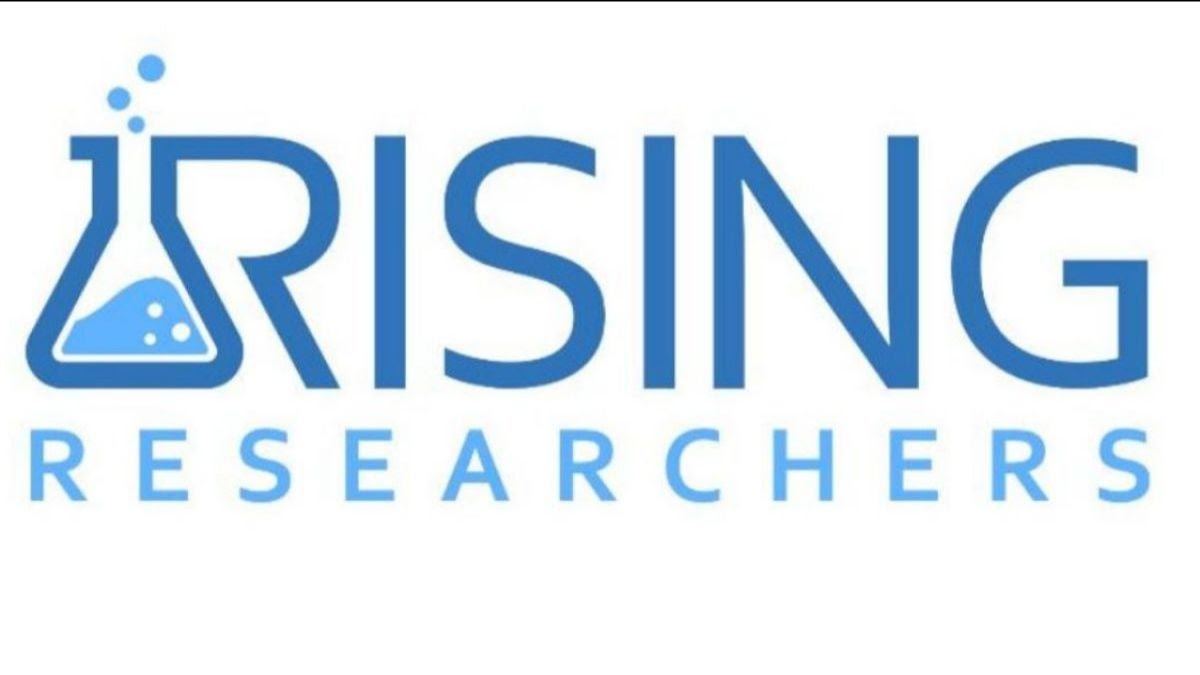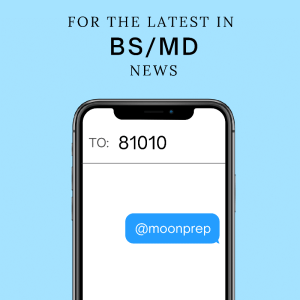
College Updates For The 2022-23 Admissions Cycle:
Sophie Davis, Seton Hall Brooklyn College City University of New York and University of Toledo all have BS/MD deadlines still ahead in December and January.
UNC Chapel Hill applications rose by 10% for their Early Action deadline.
Purdue University is reinstating its SAT/ACT requirement, starting with the 2024 admissions cycle. Read more.
Underclassmen Timeline: Summer Plans
December also brings meetings with underclassmen to discuss summer plans. Some of the most prestigious summer research programs have deadlines in December, January and February. Our Early High School Checklist lists the importance of valuable summer plans, as well as keeping on track with other timeline items. Our expert medical mentors are ready to make a plan with you to maximize your resume opportunities during the summer.
If an underclassman in your household is considering applying to BS/MD programs, schedule a free consultation with us to see how a medical mentor can offer advice for the summer.
Low Test Scores
Did your student find it difficult to achieve the standardized test score they had worked tirelessly for? If so, you’re not alone, Inside Higher Ed produced a report, finding a fifth consecutive year of declines in average scores. For perspective, the average SAT dropped 10 points, to a whopping 1050 national average. Read more into the breakdown of SAT scores by demographics and subgroups on Inside Higher Ed.
But this drop is not only confined to the SAT. This year, for 2022 grads, the ACT experienced its lowest national average ACT score in three decades, dropping just under a score of 20. Read more in a press release by the ACT.
Across the board, it seems harder for students to achieve the scores they need, pushing more students to consider applying test optional.

Test Optional Future of Admissions
Amid universities (Purdue, MIT, and more) reinstating test scores, almost 2,000 colleges have moved to test optional since the pandemic began. Just under 100 schools have gone test-blind. FairTest took a closer look at those numbers with a fascinating report. Here are some highlights: For the majority of the schools that have gone test optional or blind, this move is permanent, meaning they will not be reinstating tests after a year or two. One of the factors behind going test optional is to be more accessible to lower income and minority students, but as of now, we have only seen small increases of enrollment from these student groups. Read more about the report and the future of test-optional policies.
The big question in admissions is how students are evaluated, when one large piece of the puzzle (SAT/ACT) is removed. Inevitably, it means a closer look at the remaining pieces, especially the essays. We cannot stress enough how important the essays are in the application process, so if there is a junior in your household preparing for college applications next year, reach out to us for one-on-one guidance from our expert essay coaches. Starting early and having a plan is the key to success.
Tuition Resets
In a world where college accessibility and application numbers are higher than ever, private colleges have not shared that same success. Historically, private colleges have always had a “sticker shock” approach; high tuition, but the promise of unknown, built-in discounts. The tuition may be published as $45,000, but most students pay around $20,000. This is due to the fact that private colleges have total control over their finances and scholarships. They may look at the fascinating rural applicant wanting to study aerospace engineering and offer him a $30,000 scholarship, while the more average student receives $10,000. This may be common knowledge to those with prior college admissions experience, but to the first-generation student or the student from a lower socioeconomic background, that sky-high original price is enough to scare them away before they can ask about discounts.
To fix this marketing and recruiting issue, more private colleges, and a few public schools, have announced a tuition reset this year. A reset is a complete restructuring of their pricing model, offering transparent pricing to attract more applicants. Read more on Higher Ed Dive.

Alumni Spotlight
Three years ago, Benny found his way to Moon Prep because one of his friends from school was working with Michaela for application advice. There were actually a few times when that friend asked for some editing help during a free period at school, and Benny was able to see an offline editing session occur during school hours, right in front of his eyes. With his own college applications looming, Benny jumped onto Michaela’s team and they met frequently to write some great essays, with each meeting more fun than the last. Michaela screamed out loud the day she received an elated text message announcing Benny’s acceptance into Northwestern, his top pre-med school. That day is still one of Michaela’s proudest acceptances because of how hard Benny had worked and earned that success.
This year, Benny has returned to Moon Prep! But this time, it’s to apply to the Northwestern Undergraduate Premedical Scholars Program, an early assurance pathway to Feinberg School of Medicine. At Northwestern, Benny has been thriving. He has topped the Dean’s List every semester despite world-renowned tough academics, receiving one of the competitive and coveted Summer Undergraduate Research Grants, as well as a Summer Internship Grant by the Northwestern Career Advancement, and earned international recognition with the Outstanding Student Award. On campus, he holds a leadership position in a cultural organization, plays a club sport, and tutors disadvantaged students. He has continued pursuing shadowing opportunities to gain field experience, gained extensive research in a dermatology lab and has volunteered in the strength, endurance, and limbs labs of the Shirley Ryan Ability Lab. With a resume like this, we could not be more confident in Benny’s unlimited potential in medical school and are so proud to have been part of a small step of his journey.

For underclassmen, it’s time to be strategic about how you spend time outside the classroom during the school year. Thankfully, we have you covered. Registration is now open for the Winter session of Rising Researchers, Machine Learning for Health Equity Research Intensive Camp. This an 8-week (January 9 – March 23) online research class under a researcher from UMass Amherst. The course is designed to provide you with an introduction to statistical and machine learning techniques for understanding, finding, and explaining health equity gaps in electronic health records data.
The best part? Students receive 2 college credit hours and there are no course prerequisites, 9-11 grades are encouraged to apply.

|







